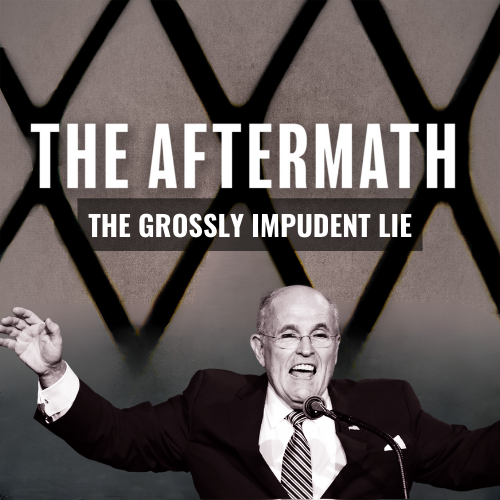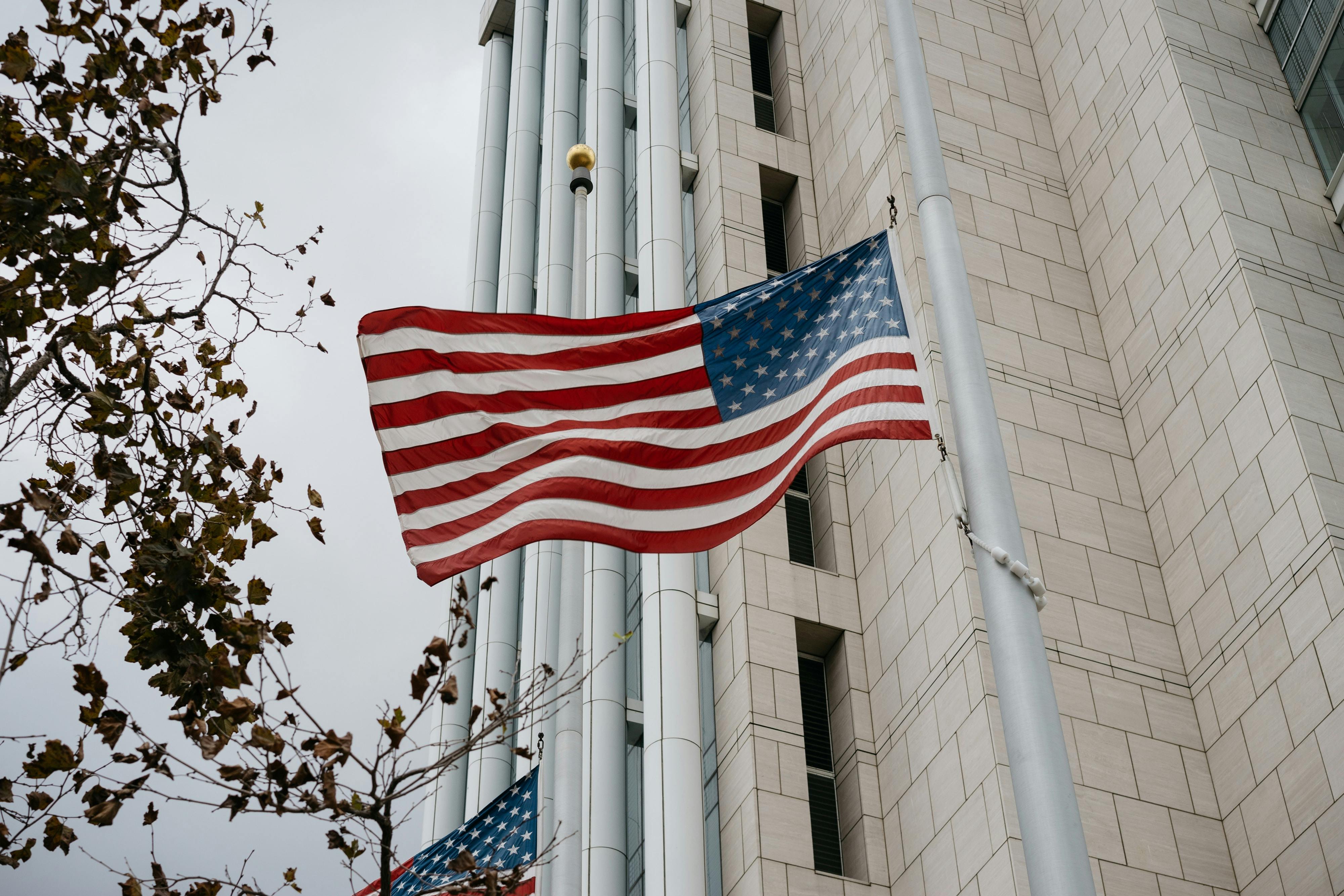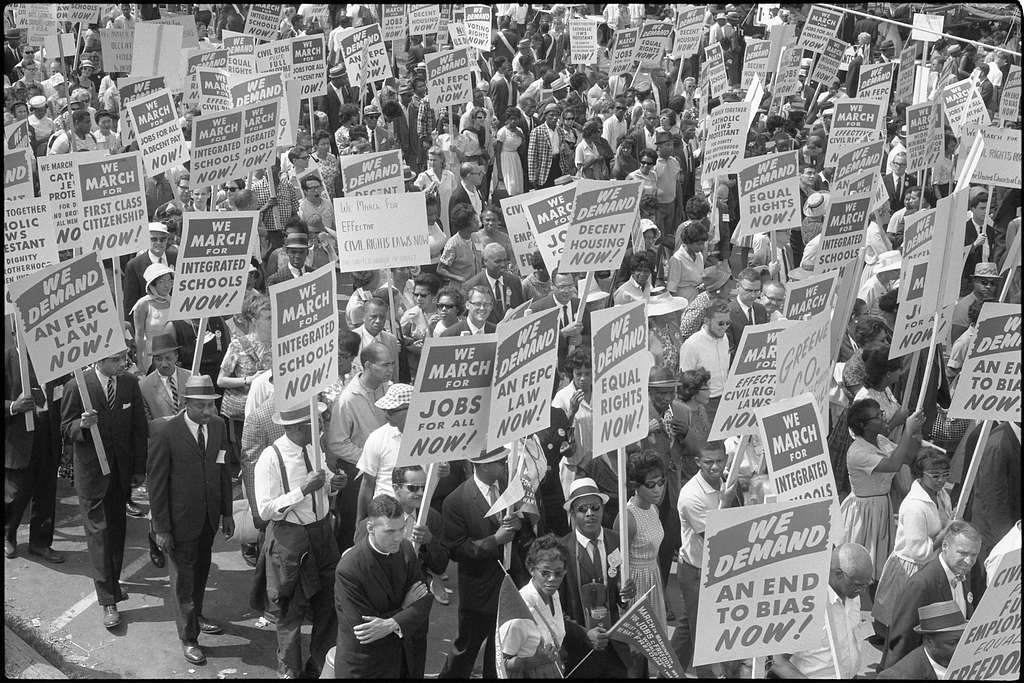The Aftermath: Season 2 Is Here

This weekend, on the third anniversary of the Jan. 6 insurrection, we were pleased to launch the second season of The Aftermath.
The Aftermath is a project the Lawfare team has been working on for the past couple of years with our podcasting partners at Goat Rodeo. It is a narrative podcast series on the search for accountability for Jan. 6 and the lineal descendant of our first smash hit, The Report, which was our effort to create a narrative podcast series out of the Mueller report:
It’s also a natural extension of our Jan. 6 Project, which we launched in November 2021 to house our analysis of the many legal and policy issues arising out of the insurrection and the government’s response to it, along with a primary source repository of key documents.
In Season 1 of the The Aftermath, we looked at the accountability efforts that immediately followed the uprising itself: the second Trump impeachment, the early congressional investigations of security failures at the Capitol, the Justice Department’s prosecutorial efforts, and the like:
In Season 2, we have shifted gears a bit. The Jan. 6 committee, in its series of hearings over the summer of 2022 and in its final report, identified a number of distinct areas that cried out for accountability. But the Jan. 6 committee’s mandate was to look backward at the causes of the insurrection; it had the power to diagnose the problems but not really to begin trying to resolve them.
And the committee had another limitation as well: It made a strategic decision to focus almost entirely on Donald Trump.
So we decided to pick up where the committee left off. In Season 2, we take a detailed look at each of the areas the committee identified to examine the mechanisms of accountability that have—and have not—been effective in response. Episode 1 focuses on the Big Lie and looks at who has been held accountable for the campaign of falsehoods that underlay the storming of the Capitol, by which mechanisms that accountability has taken place, and to what degree it has been effective.
One thing that’s striking about the accountability process after the insurrection is how diverse it is—and how ongoing. We often think about accountability purely in criminal terms, and indeed, the criminal justice system has done important work in this respect. More than 1,200 rioters have been arrested and charged with crimes for their participation in Jan. 6. As of a few months ago, we’ve finally seen indictments of Trump himself and his inner circle in Washington, D.C., and in Fulton County, Georgia. Lawfare is watching all of these criminal proceedings carefully, including through our Trump Trials project.
But treating the search for accountability as purely within the realm of criminal law does the broader effort rather a disservice. It goes far deeper—and wider—than that.
State bars are taking disciplinary actions against the lawyers involved in the postelection turmoil, even banning some of them from the practice of law. Congress has passed remedial legislation to prevent baseless legal theories from being weaponized to undermine an election. And the results are still rolling in. Only a few weeks ago, after we thought we’d wrapped on Episode 1, a jury returned a judgment of $148 million in damages against Rudy Giuliani for defaming two Georgia election workers, Ruby Freeman and Shaye Moss. So yes, the criminal process is flashy and critically important, but it’s not the only form of accountability.
The premise of this show has always been that even if Trump is found guilty of crimes for his conduct on or in the run-up to Jan. 6, that will not suffice to prevent such a thing from happening again. The protection of democracy is necessarily a whole-of-society effort. And the threat that Jan. 6 represents thus demands a fuller accountability, one that cannot stop either with Trump alone or with the criminal process alone. Holding Trump responsible criminally is merely a piece of that effort. Trump was not alone in instigating the attack or plotting the many schemes designed to overturn the election results. Besides, much of what set the scene for Jan. 6, and much of what happened that day, were not strictly criminal in nature—which means that a full reckoning will require redress through noncriminal means. The idea of The Aftermath was to consider those efforts as well, to examine the response holistically.
The goal of Season 2 is to look at what has been done to seek accountability for the major plots the Jan. 6 committee identified as critical to the larger scheme to overturn the 2020 election. And it’s to look at the key figures other than Trump who operated as the movers and shakers in these schemes. In other words, it’s to flesh out the gauntlet that Bennie Thompson threw down in his foreword to the Jan. 6 committee’s report: “[T]he best way to prevent another January 6th is to ensure accountability for January 6th. Accountability at all levels.” It is to ask the question: How are we doing?









